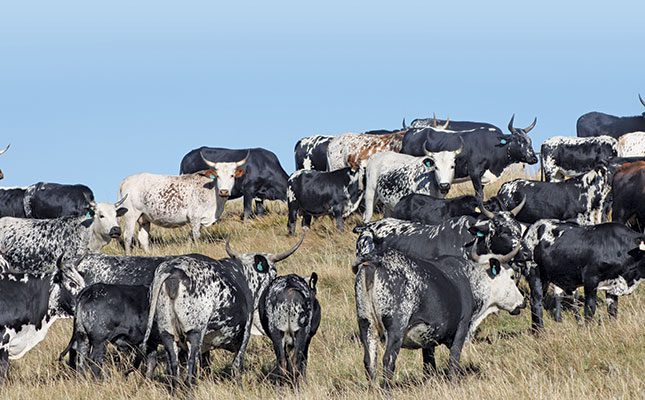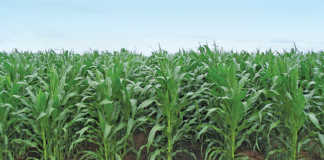
Photo: FW Archive
Identifying the genes responsible for withstanding adverse weather conditions and chemical resistance in pests are key focus areas of research set to yield important results.
Recent advances in the genome sequencing of indigenous South African cattle breeds have shown the value of these breeds, especially in the face of climate change. However, far more research is required to tap into the true genetic potential of Bonsmara, Nguni and Drakensberger cattle, and how these traits can benefit livestock farmers.
Speaking at the Africa Agri Tech 2023 conference held in Pretoria in mid-March, Linky Makgahlela, a senior researcher at the Agricultural Research Council, said these breeds required far less management than their exotic counterparts, as they were better adapted to local conditions.
“With climate change creating far more environmental stress, farmers need to focus on genes that can withstand high temperatures and possible increases in pest loads. When crossbreeding with exotic breeds, farmers should be careful not to eliminate the genes that make the cattle so adaptable.”
Makgahlela noted that 70% of the genes in indigenous cattle were coded for function and adaptation, and far outweighed production.
“These animals prioritise survival over gaining weight or increasing fertility. This must be kept in mind when selecting breeds because it has a significant impact on a farmer’s bottom line,” she said.
Prof Christian Stutzer, a senior researcher at the University of Pretoria, said the issue of ticks, in particular, could be solved through a better understanding of genome sequencing. He added that tick-borne diseases cost the global livestock industry between US$14 billion and US$18 billion (around R256 billion to R330 billion) per year, and that at least 80% of the global herd was affected by ticks.
Stutzer, nonetheless, noted that work on the genome sequencing of ticks had only scraped the surface.
“Ticks have genomes twice the size of the human genome. Work is ongoing and once we do uncover the full sequence and its functions, we’ll be able to identify proteins that make ticks function, and possibly switch off certain genes that result in disease transmission.”
Having control over these proteins was of particular importance considering the growing rate of antidote resistance. Stutzer said that years of the misuse of chemicals had resulted in large-scale pest resistance, which was reaching a critical point.
“If we don’t find new ways to combat ticks, the industry will see devastating losses,” he added.
Dr Hennie Groenewald, CEO of Biosafety South Africa, called for sensible gene-editing regulations that would allow the country to capitalise on the full potential of this technology.
“Regulations should be based on science, not emotion. Regulating [edited genes] as [genetically modified organisms] would mean a missed opportunity to utilise a game-changing technology,” he explained.
Groenewald gave the example of editing to eliminate the gene that caused cattle to grow horns, which meant they would no longer have to endure the painful horn-removal process.












